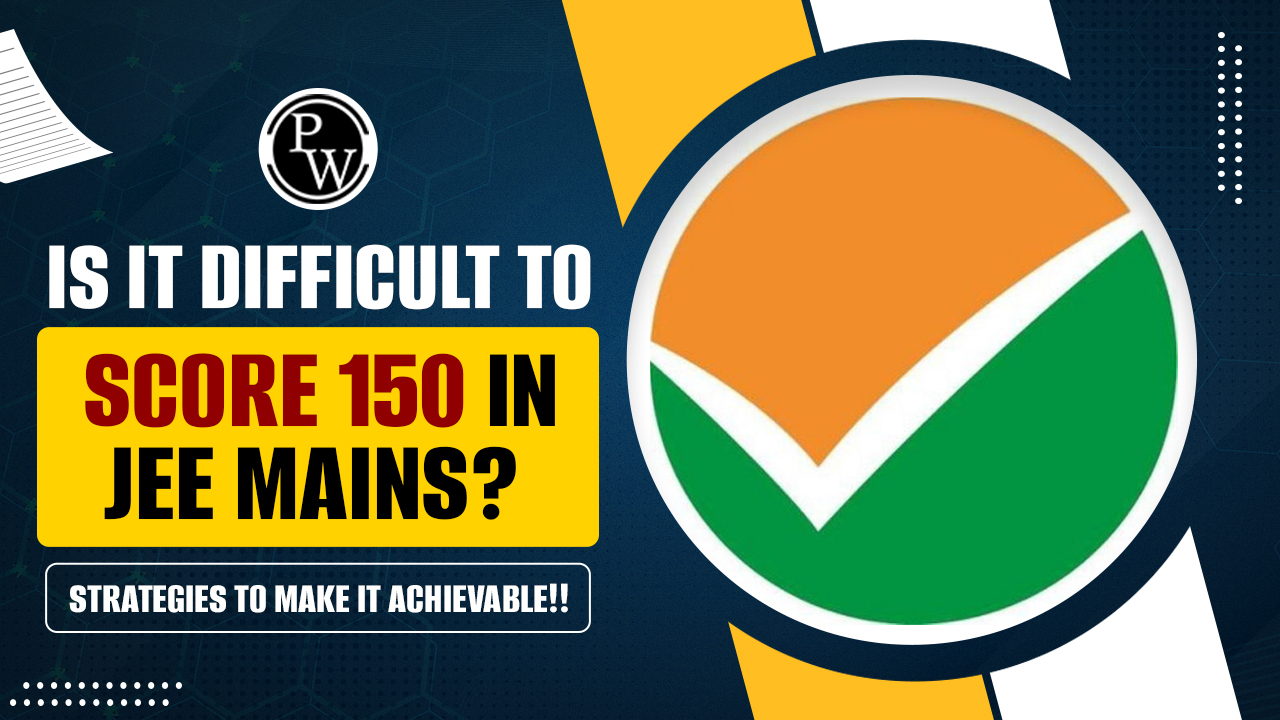CA Foundation Syllabus 2025 and Study Tips

Starting your journey to become a Chartered Accountant (CA) is exciting, but the CA Foundation exam can feel overwhelming. With a vast syllabus and heavy competition, knowing what to study and how to prepare is very important. If you’re confused about the CA Foundation Syllabus 2025 or need actionable CA Foundation study tips, you’re in the right place! Here we break down the syllabus, highlight updates, and share proven strategies to help you ace the exam.
CA Foundation Exam Pattern and Marking Scheme
Before reading into CA Foundation preparation, understanding the exam pattern is crucial:
|
Paper |
Subject |
Marks |
Marking Type |
|
Paper 1 |
Principles & Practice of Accounting |
100 |
60 marks for theory, 40 marks for practical problems |
|
Paper 2 |
Business Laws & Business Correspondence |
100 |
60 marks for laws, 40 marks for correspondence |
|
Paper 3 |
Business Mathematics, Logical Reasoning & Statistics |
100 |
40 marks for math, 60 marks for statistics |
|
Paper 4 |
Business Economics & Business & Commercial Knowledge |
100 |
60 marks for economics, 40 marks for commercial knowledge |
-
Passing Criteria: Candidates must secure at least 40% marks in each paper and an aggregate of 50% across all subjects.
-
Negative Marking: For objective papers (Paper 3 & 4), there is a 0.25 negative marking for incorrect answers.
Check Out: CA/Finance Books
CA Foundation Syllabus 2025 – Subject-Wise Breakdown
|
Paper No. |
Subject Name |
Key Topics Covered |
|
Paper 1 |
Principles and Practice of Accounting |
|
|
Paper 2 |
Business Laws and Business Correspondence & Reporting |
Business Laws:
|
|
Paper 3 |
Business Mathematics, Logical Reasoning & Statistics |
Business Mathematics:
|
|
Paper 4 |
Business Economics and Business & Commercial Knowledge |
Business Economics:
|
Books for CA Foundation Exam 2025
Start your CA Foundation exam preparation with these recommended books and combine them with mock tests and self-assessments to maximize your success. Find table below
|
CA Foundation Book |
||
|
Subject |
Link |
|
|
Principles & Practice of Accounting |
||
|
Business Laws & Business Correspondence & Reporting |
||
|
CA Foundation Paper 3 - Quantitative Aptitude |
||
|
Business Economics & Business & Commercial Knowledge |
||
5 CA Foundation Study Tips for 2025 Success
-
Create a Realistic Study Plan
-
Allocate 3-4 hours daily, focusing on one subject at a time.
-
Use planners or apps like Todoist to track progress.
-
Divide your study time into subject-wise slots
-
Prioritize difficult subjects first
-
Reserve the last 30 days for revision use A Foundation Accounting Paper 1 By CA Nitin Goel’s short notes for better revision.
-
Focus on Concepts, Not Rote Learning
-
Example: Understand why debits and credits work instead of memorizing them.
-
Use ICAI study material and recommended books like CA Foundation Business Laws by Chaitanya Jain and get flow charts for easy understanding of legal concepts
-
Summarize key points using flow charts and handwritten notes
-
Solve past years' question papers
-
Practice Past Papers & Mock Tests
-
Solve PYQs (Previous Year Questions) from 2018 onwards to spot patterns.
-
Attempt full-length mock tests every weekend
-
Analyze mistakes and improve weak areas
-
Improve speed and accuracy with timed tests
-
Revise with Short Notes
-
Books like CA Nitin Goel’s Accounting include concise summaries for quick revisions.
-
Summarize important formulas for Business Mathematics and CA Foundation Quantitative Aptitude by Anurag Chauhan Extensive problem-solving questions for practice.
-
Make sticky notes for Business Laws and Economics
-
Stay Healthy
-
Sleep 7-8 hours and take breaks to avoid burnout.
-
Follow the Pomodoro technique (study for 50 min, break for 10 min)
-
Maintain a healthy sleep schedule
-
Stay motivated with study groups or online forums
Success in the CA Foundation exam comes from consistent effort and smart study methods. Use a structured plan, focus on a clear understanding of concepts, and practice regularly with past papers and mock tests. Each recommended book provides essential coverage and plenty of examples to reinforce your learning.
Also check, CA Foundation 4 Combo Books
CA Foundation Syllabus 2025 FAQs
1. Has the CA Foundation Syllabus changed for 2025?
Minor updates include a focus on digital communication in Business Laws and expanded global economics topics. Always check ICAI’s official website for the latest syllabus.
2. How many hours should I study daily for the CA Foundation?
Aim for 4-5 hours daily, focusing on conceptual clarity, problem-solving, and regular revisions.
3. Can I prepare for the CA Foundation without coaching?
Yes, use ICAI study materials, online resources, and mock tests. Discipline and a structured study plan are key.
4. What are the most important topics in Paper 1: Accounting?
It prioritizes financial statements, partnership accounts, and company accounts. Practice journal entries regularly.











